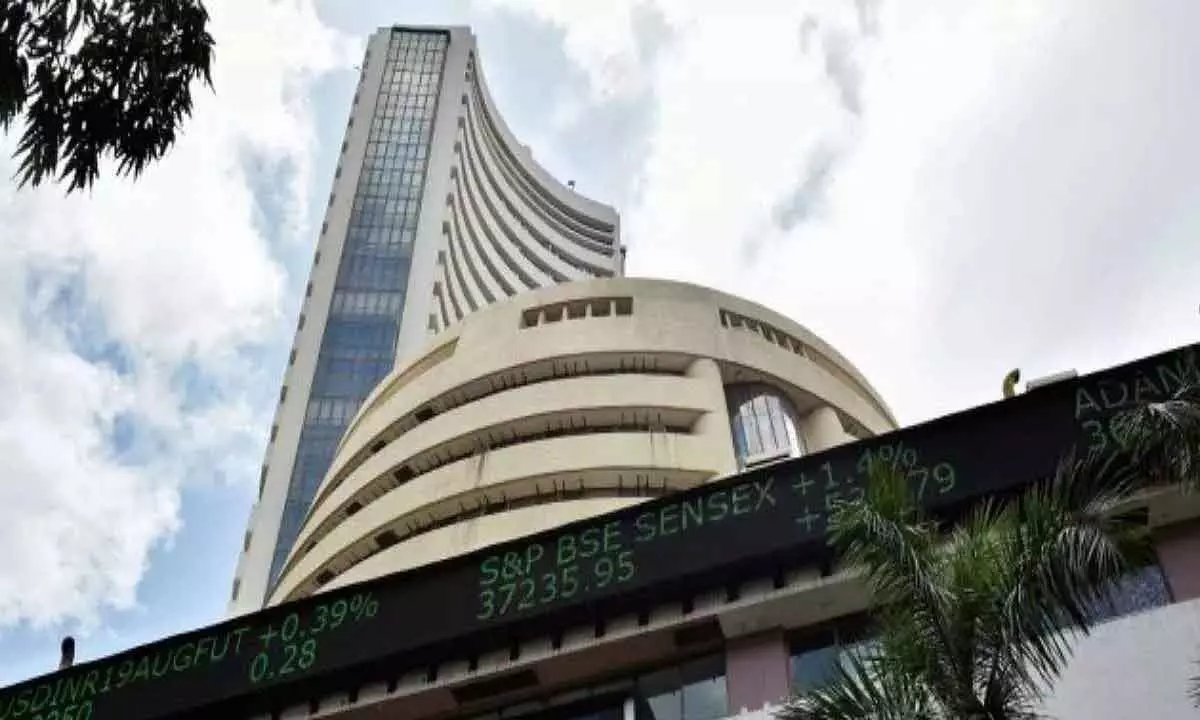Markets crash amid global rout, Sensex down 1,416 pts

Mumbai: Equity indices sank in a sea of red on Thursday, joining a global market sell-off after Wall Street suffered its worst drubbing since mid-2020 on renewed fears of scorching inflation crimping economic recovery. Continued selling by foreign investors and the rupee sinking to another record low against the US dollar added to the woes.
Posting its biggest drop in over two months, the 30-share BSE benchmark Sensex dived 1,416.30 points or 2.61 per cent to settle at 52,792.23. The broader NSE Nifty tanked 430.90 points or 2.65 per cent to 15,809.40. Investors lost Rs 6.71 lakh crore in Thursday's session, with the market capitalisation of all BSE-listed companies falling to Rs 2,49,06,394.08 crore.
"The recent earnings reported by the US retailers reflected the heat of high retail inflation, resulting in the rout in Wall Street. Persistent offloading by foreign investors along with mounting fears of an economic slowdown wreaked havoc in the domestic market. In this highly volatile market, investors can focus on sectors like FMCG, pharma, capital goods and manufacturing whose valuations are moderate and reasonable on a long term basis," said Vinod Nair, head (research) at Geojit Financial Services.
"Deteriorating macro sentiments such as soaring inflation, recession fears, and the prospect of the Federal Reserve getting even more hawkish will continue to keep benchmarks on the edge. Another main reason for the pessimism can be attributed to relentless selling from the FII camp," said Prashanth Tapse, vice-president (research), Mehta Equities Ltd. Continuing their selling spree, foreign institutional investors (FIIs) offloaded shares worth a net Rs1,254.64 crore on Wednesday, as per stock exchange data.
"The rout in other Asian indices and European gauges triggered a massive sell-off in local equities as both Sensex and Nifty ended below their crucial psychological levels of 53k and 16k, respectively. Investors fretted over stagflation risks and Federal Reserve's more hawkish stance to rein in inflation by opting for more rate hikes, which would have a bigger impact on the economy going ahead.


